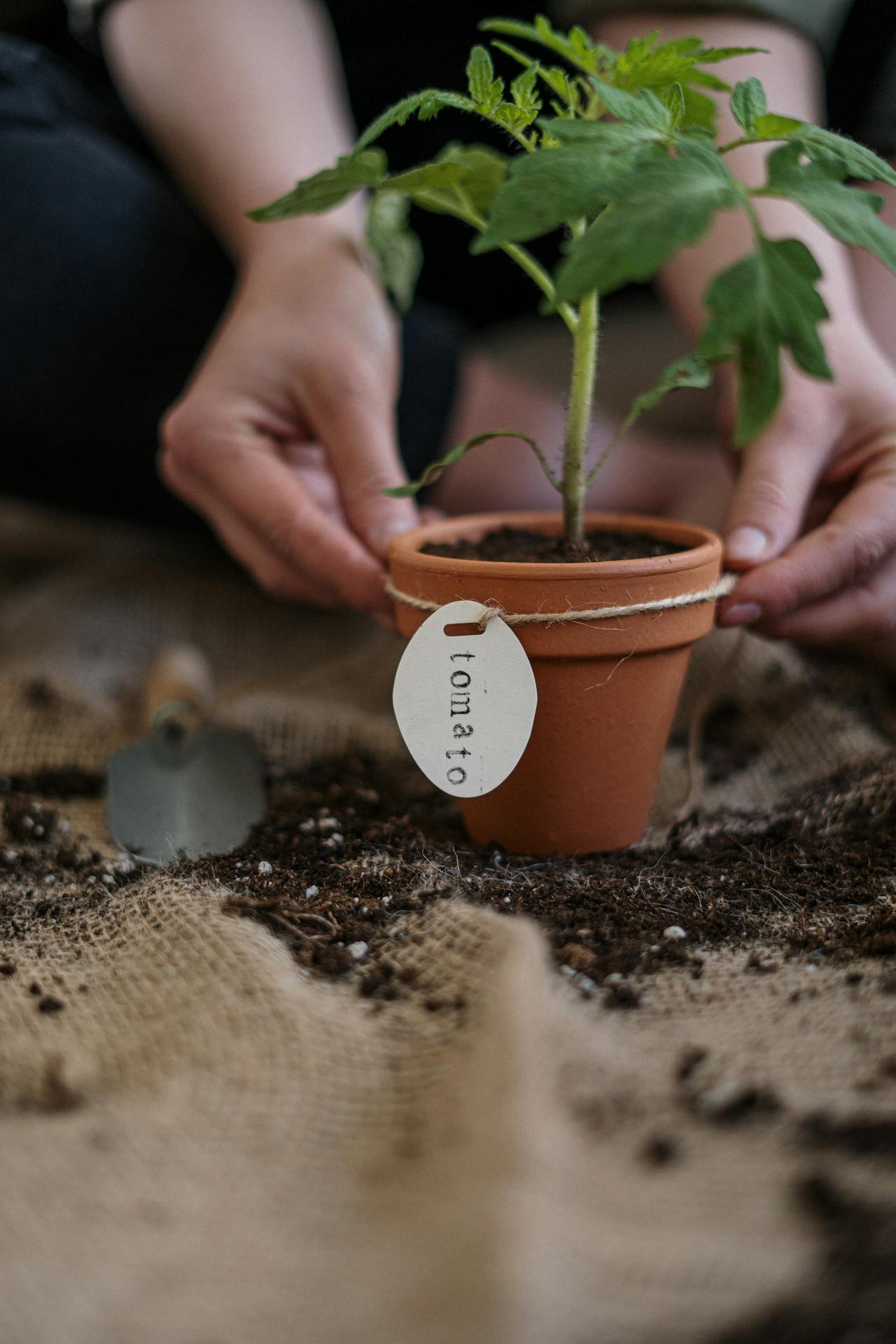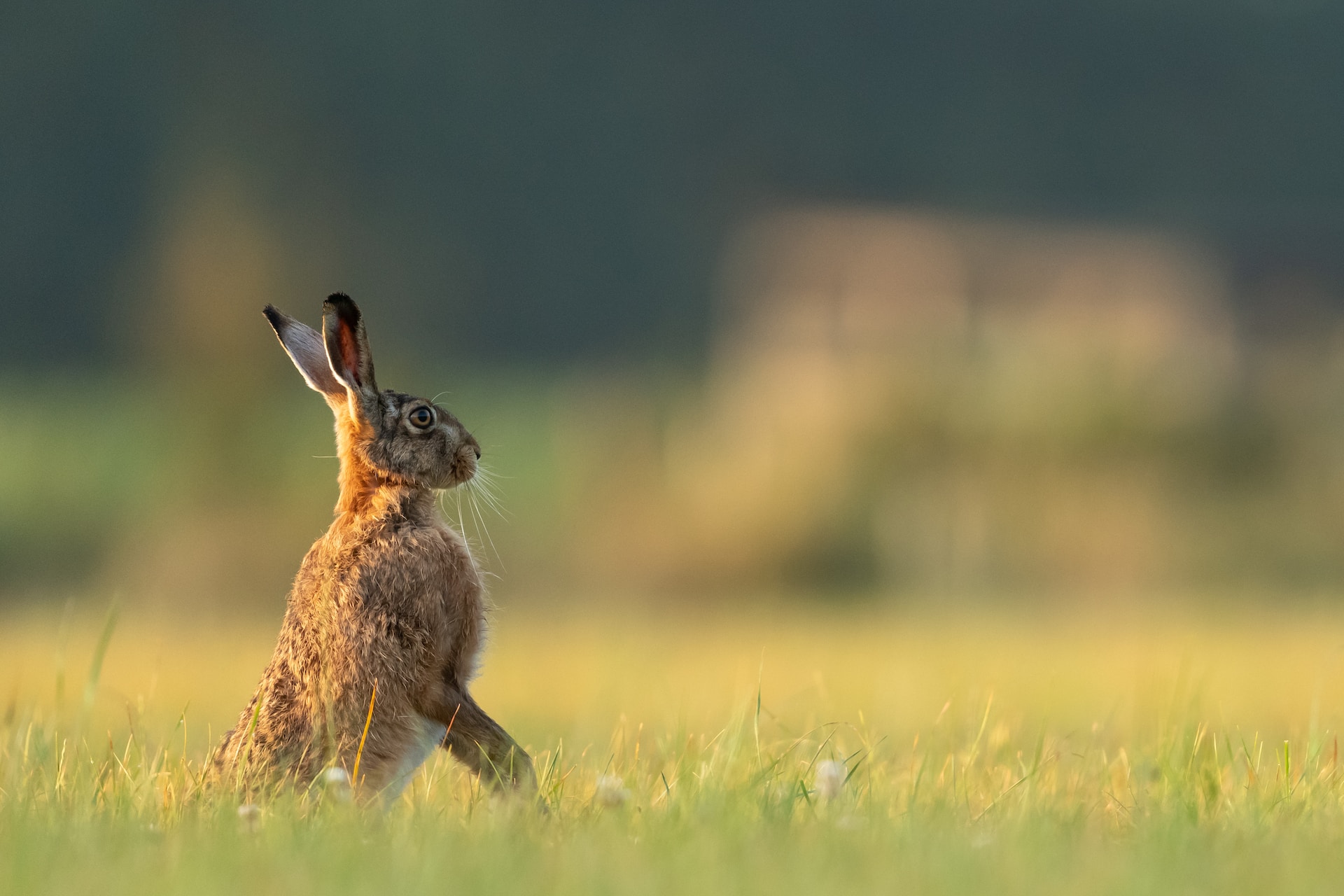How to Support Nature at Home
Supporting nature from your own home is easier than you might think!
Whether you have a small balcony, a spacious garden, or simply a windowsill, there are many ways to create a welcoming environment for wildlife and contribute to your local biodiversity.
Here are some practical tips to help you make a positive impact on nature right where you live.
Create a Wildlife-Friendly Garden
Even the smallest outdoor space can become a haven for wildlife. Try these ideas:
-
Plant Native Species: Opt for flowers, shrubs, and trees that are native to the UK, such as bluebells, hawthorn, and elder. Native plants provide food and habitat for birds, bees, butterflies, and other insects.
-
Leave a Wild Corner: Resist the urge to tidy every inch of your garden. Leave a patch of long grass or fallen leaves to create a natural shelter for insects, hedgehogs, and other small animals.
-
Pond Life: If space allows, install a small pond or water feature. It can attract frogs, newts, dragonflies, and even birds. Ensure it's shallow at the edges so that animals can safely drink and bathe.
Encourage Pollinators
Bees, butterflies, and other pollinators are vital for the environment, but their numbers are in decline. Here's how you can help:
-
Plant Pollinator-Friendly Flowers: Grow plants like lavender, foxglove, and wild marjoram, which are rich in nectar. These provide a food source for pollinators throughout the year.
-
Avoid Pesticides: Many pesticides harm pollinators and other beneficial insects. Instead, opt for organic gardening methods or use natural pest control like companion planting.
-
Install a Bee Hotel: Solitary bees are great pollinators and need places to nest. Bee hotels or bundles of hollow plant stems can provide safe nesting sites.
Feed the Birds
Encouraging birds to visit your garden or balcony is a rewarding way to support nature, especially in the winter months when food is scarce.
-
Provide Bird Feeders: Install a variety of feeders with seeds, nuts, and suet to attract different species. Regularly clean feeders to prevent the spread of diseases.
-
Bird Baths: A shallow bird bath provides fresh water for drinking and bathing, especially during hot weather.
-
Nesting Boxes: Place bird boxes in sheltered spots to provide birds with a safe place to raise their young. Different species prefer different types of boxes, so research what works best in your area.
Composting
Composting is an eco-friendly way to recycle organic waste and support nature. It reduces the need for chemical fertilisers and helps improve soil health.
-
Start a Compost Heap or Bin: Use kitchen scraps, garden clippings, and other organic waste to create compost that will enrich your soil and encourage healthy plant growth.
-
Wormeries: If you have limited space, a wormery is an excellent alternative. Worms break down organic waste into nutrient-rich compost, perfect for plants.
Encourage Hedgehogs
Hedgehogs are wonderful allies in the garden, eating pests like slugs and insects. However, their numbers have been declining in the UK.
-
Create Hedgehog Highways: Cut small gaps in garden fences (around 13 cm square) to allow hedgehogs to roam between gardens in search of food and mates.
-
Hedgehog Shelter: Provide hedgehogs with a safe, dry place to hibernate by building a hedgehog house or leaving a pile of logs or leaves in a quiet corner.
-
Avoid Hazards: Check for hedgehogs before strimming or mowing, and ensure ponds or drains are covered so they don't fall in.
Support Nature Indoors
Even without outdoor space, there are ways to make a difference from inside your home:
-
Houseplants for Health: Certain indoor plants, like spider plants and peace lilies, help purify the air. You can also grow herbs like basil and mint indoors, which are beneficial to pollinators if you later plant them outside.
-
Window Boxes and Containers: If you only have a windowsill or balcony, grow wildlife-friendly plants in pots or window boxes. Flowers like marigolds, cosmos, and herbs can attract bees and other pollinators.
-
Eco-Friendly Products: Choose household products that are eco-friendly, such as natural cleaning products or sustainable materials. This reduces harmful chemicals entering waterways and habitats.
Cut Your Carbon Footprint
Reducing your carbon footprint also helps nature by mitigating the effects of climate change:
-
Energy Efficiency: Install energy-efficient appliances, switch to LED bulbs, and reduce your heating usage with proper insulation.
-
Cut Back on Plastic: Reduce plastic waste by opting for reusable bags, containers, and water bottles. Plastic pollution is harmful to wildlife, particularly marine life.
-
Sustainable Food Choices: Eating a more plant-based diet and choosing locally sourced, organic food can reduce the carbon emissions associated with farming and food transport.
Making a Difference Starts at Home
Supporting nature at home can be both enjoyable and impactful. Whether you’re planting wildflowers for bees, creating habitats for hedgehogs, or simply making greener lifestyle choices, every small action contributes to a healthier, more sustainable environment.
Together, we can help nature thrive across the UK.



